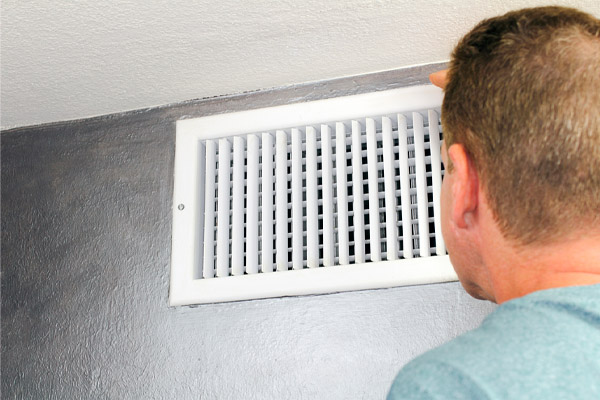
Storm-Proofing Your HVAC: Preventing Flood And Wind Damage
When a major storm is on the horizon, you probably think about boarding up windows, securing outdoor furniture, and stocking up on essentials. But have you ever stopped to consider your HVAC system?
Your heating and cooling equipment is one of the most expensive systems in your home, and it can be extremely vulnerable to flood and wind damage during storms. A little preparation like storm proofing now can save you costly repairs later.
Shut Down Your System Before The Storm
One of the most important steps you can take is to turn off your HVAC system at the circuit breaker before severe weather hits.
This protects your system from electrical surges and prevents damage if flooding occurs. It may feel inconvenient, but it’s much better than dealing with a fried circuit board.
Protect The Outdoor Unit From Debris
Strong winds can turn tree branches, lawn chairs, and even trash cans into dangerous projectiles. To protect your outdoor condenser, cover it with a tarp or a specially designed storm cover.
You can also build or install a debris barrier or fence around the unit for an extra layer of protection. Just make sure it doesn’t block airflow once the storm has passed.
Secure The Unit Against High Winds
Hurricane-force winds can shift or even topple an outdoor HVAC unit. To prevent this, anchor the condenser with hurricane straps or bolt it to a hurricane pad.
These reinforcements keep the system firmly in place, reducing the risk of damage from shifting or tipping.
Keep Floodwaters At Bay
Flooding is one of the biggest threats to HVAC systems, especially for homes in low-lying areas. Elevating your outdoor unit on a platform is a smart way to keep it above rising water.
In addition, you can improve drainage around your property by adding a sump pump or French drain. For temporary protection, sandbags around the unit can help create a barrier against water.
Inspect After The Storm
Once the skies clear, resist the urge to flip the breaker back on right away. First, check your HVAC unit for visible signs of damage.
If the system has been submerged or you’re unsure about its condition, call a licensed HVAC technician. Attempting to restart a water-damaged unit can make the problem worse and create safety risks.
For expert HVAC care and storm-proofing advice, trust Service Champions to keep your system safe and efficient all year round.


